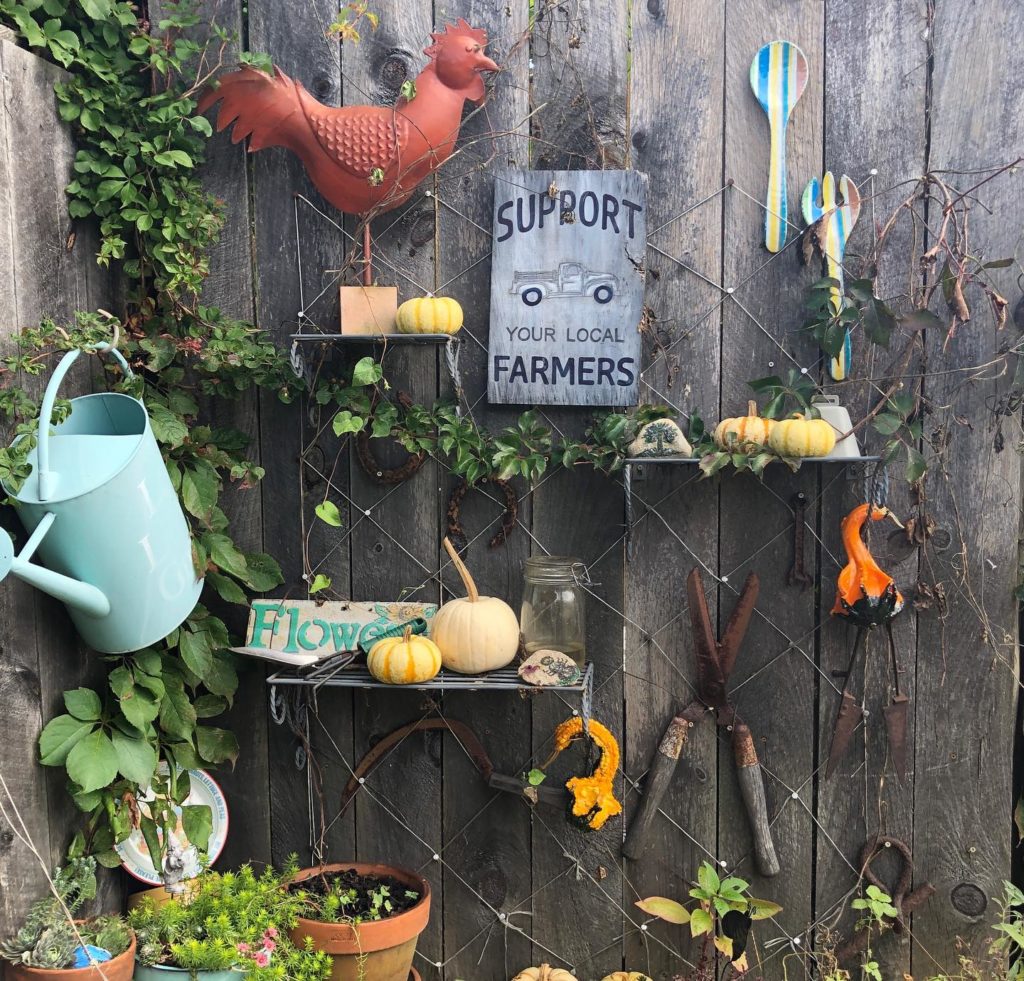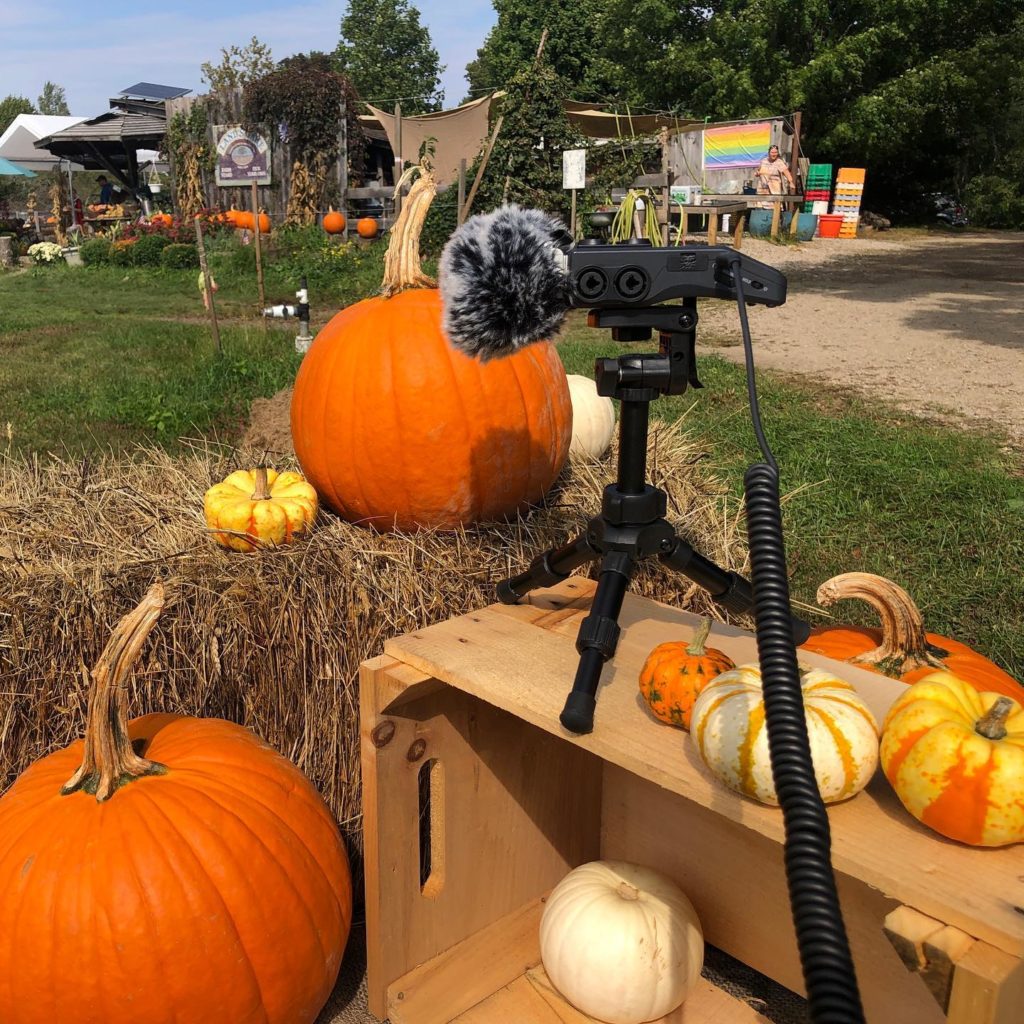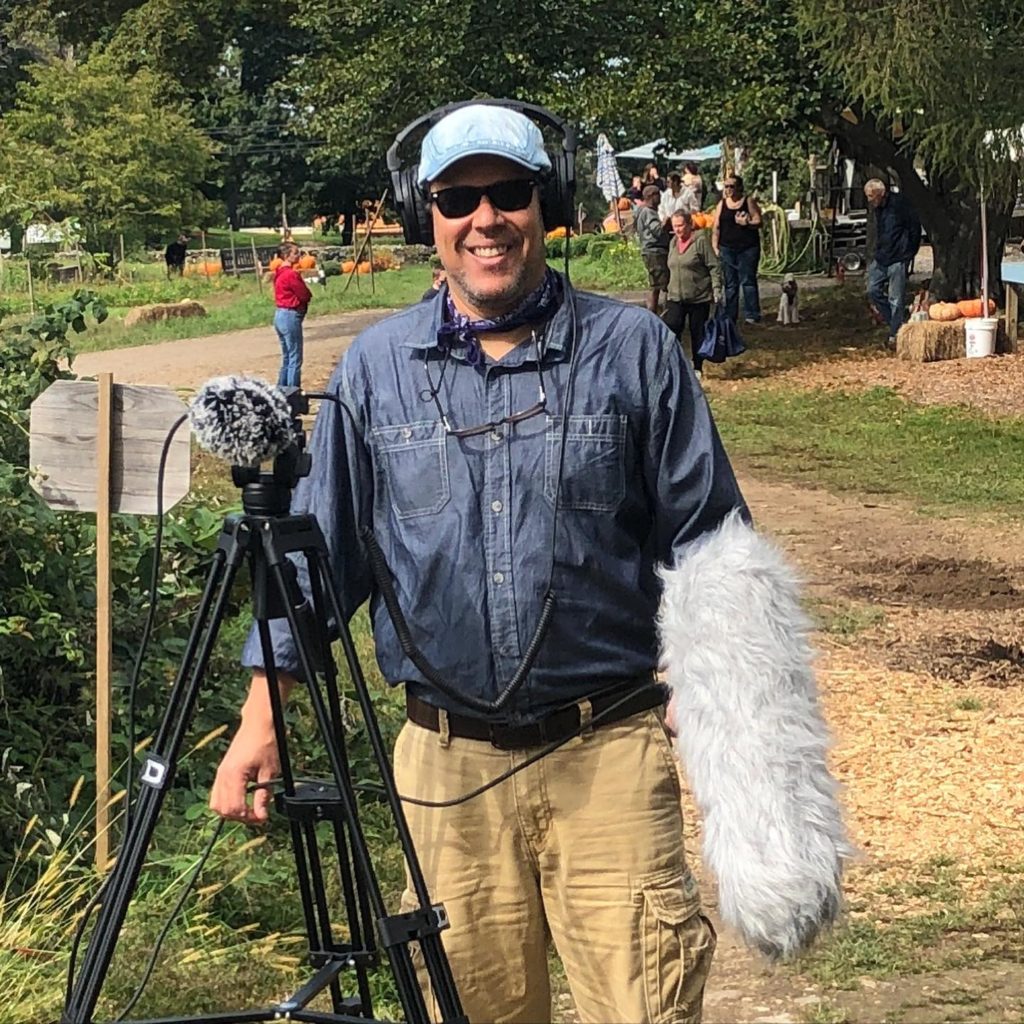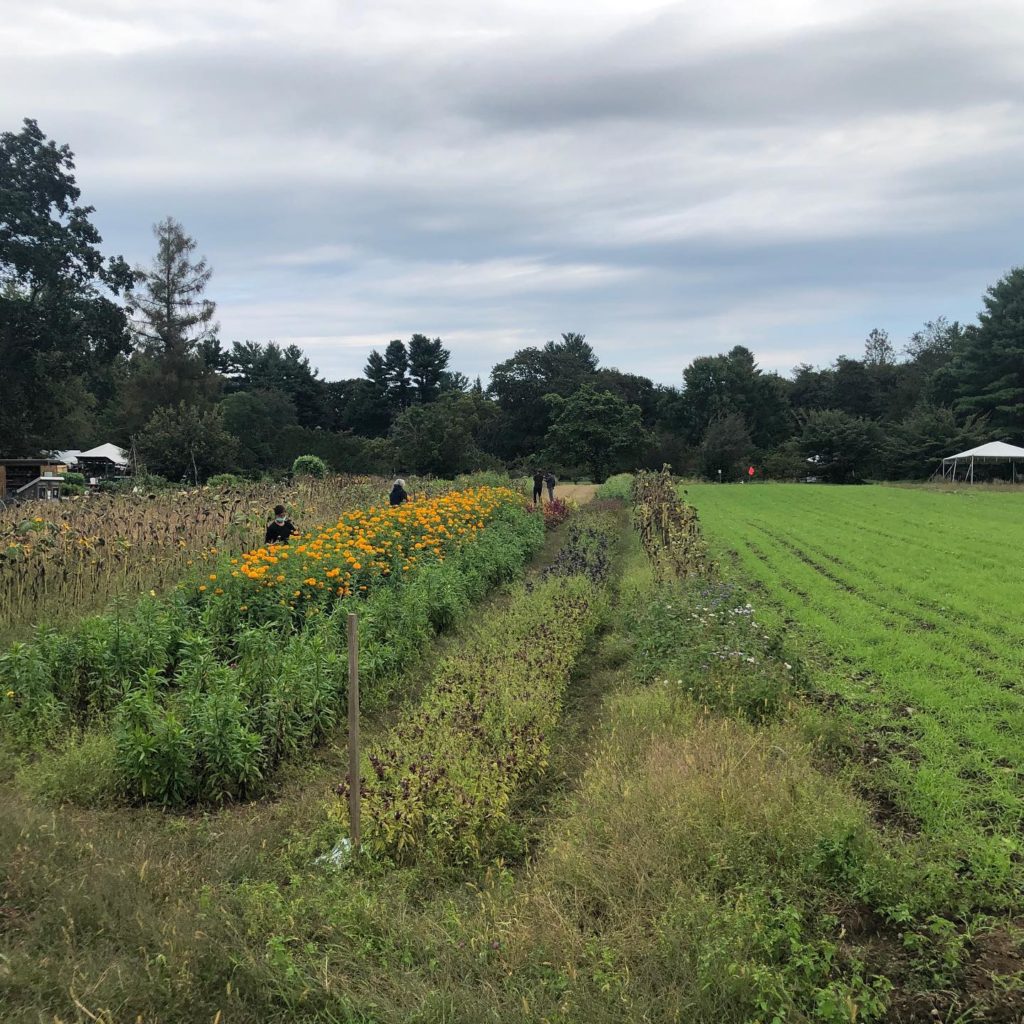Local Farms Are So Important
Have you ever thought about how much food we throw away every day and that it generates tons of greenhouse gases like CO2 when it decomposes?
When the food arrives at our homes passes through a very long process in the supply chain. The supply chain plays a vital role in agriculture and our food system.
The Intergovernmental Panel on Climate Change (IPCC) mentions that agriculture and the food system are essential to global climate change responses. Combining supply-side actions such as efficient production, transport, and processing with demand-side interventions such as modifying food choices and reducing food loss and waste reduces GHG emissions and enhances food system resilience.
If we buy locally grown food, as opposed to food that has traveled great distances, it significantly reduces the carbon footprint of what we eat and reduces greenhouse gas emissions!
Therefore, local and sustainable agriculture reduces the supply chain’s impact on our food system. Local farms and community farms are a great way to reduce our footprint; we can feed ourselves in a much more sustainable way.
Benefits of buying food in local farms:
- Fresh products, rich nutrients, better flavor
- We support small businesses
- Benefit for the enviroment
- Became in comunity cultivator
- We buy local
- We consume local
- We reduce our carbon footprint
- We create communities
- Sustainable economy
- Volunteering
On Saturday, October 2nd, I had the opportunity to record sounds from a local farm, Land’s Sake Farm, in Weston, Massachusetts.
I enjoyed the sounds of the birds flying around, people walking, chatting and laughing, kids playing, doggies barking, hens and chicks, and the tractor !!
Land’s Sake was founded in 1980 by a small group of agrarian-minded folks who wanted to institutionalize sustainable public land stewardship and energize land-loving people to celebrate and preserve the historical agricultural heritage of the town.
Their mission: Connecting people to the land to build community and inspire lifelong stewardship.
An introductory statement of Land’s Sake Farm: The sustainable farming methods we use help the soil remain productive for this generation and those to follow. We manage healthy nutrient cycling and balance in the ground without using harmful chemicals. We use crop rotation and cover crops for soil health; we maintain habitat for beneficial insects; we use disease-resistant crop varieties when available. When needed, we use organic fertilizers and OMRI-certified pesticides.
Visit: Land’s Sake Farm
Facebook Page: facebook.com/landssake
Instagram: @landssake
Disclosure :
I am the author of this article, and I have not received any payment or sponsor for publishing it. I have no commercial relationship with Land’s Sake Farm. I am sharing my great experience.




